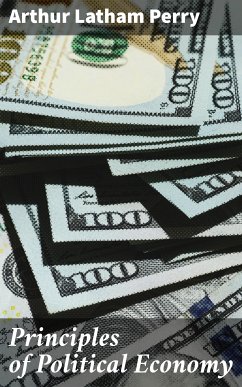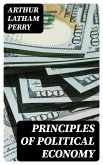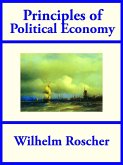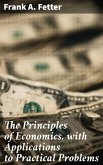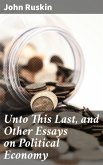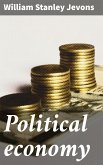In "Principles of Political Economy," Arthur Latham Perry offers a comprehensive exploration of economic theory during a transformative period in the 19th century. Perry'Äôs work analytically dissects the principles of supply and demand, capital accumulation, labor, and wealth distribution, framing these concepts within the broader context of societal development. Employing a didactic yet engaging literary style, the book serves not only as a theoretical treatise but also as a practical guide, interweaving historical examples with contemporary relevance to elucidate complex economic dynamics. Arthur Latham Perry, a prominent American economist and educator, rooted his intellectual pursuits in the rich traditions of classical economics while also engaging with nascent ideas of social reform. His academic tenure at Williams College and subsequent position at Harvard allowed him a unique perspective on the ramifications of economic policies during the industrial revolution. Motivated by a desire to address the inequalities that emerged from rapid industrialization, Perry'Äôs insights reflect both a robust theoretical foundation and a commitment to social progress. I highly recommend "Principles of Political Economy" to readers interested in understanding the underpinnings of modern economic thought. Perry'Äôs integration of theoretical analysis and practical application makes this book indispensable for students, policymakers, and anyone seeking to comprehend the intricate relationship between economics and society.
Dieser Download kann aus rechtlichen Gründen nur mit Rechnungsadresse in A, B, BG, CY, CZ, D, DK, EW, E, FIN, F, GR, H, IRL, I, LT, L, LR, M, NL, PL, P, R, S, SLO, SK ausgeliefert werden.

